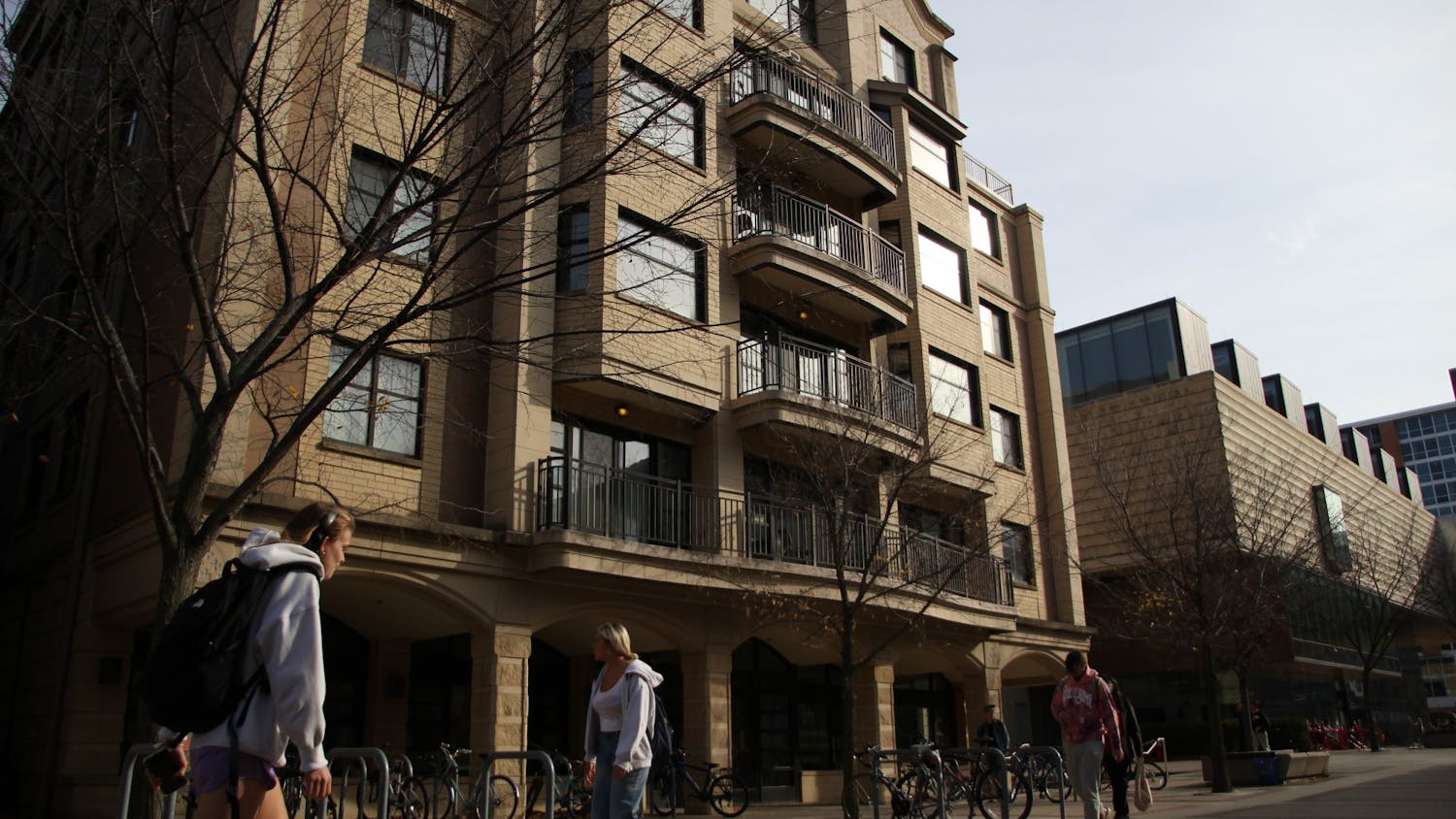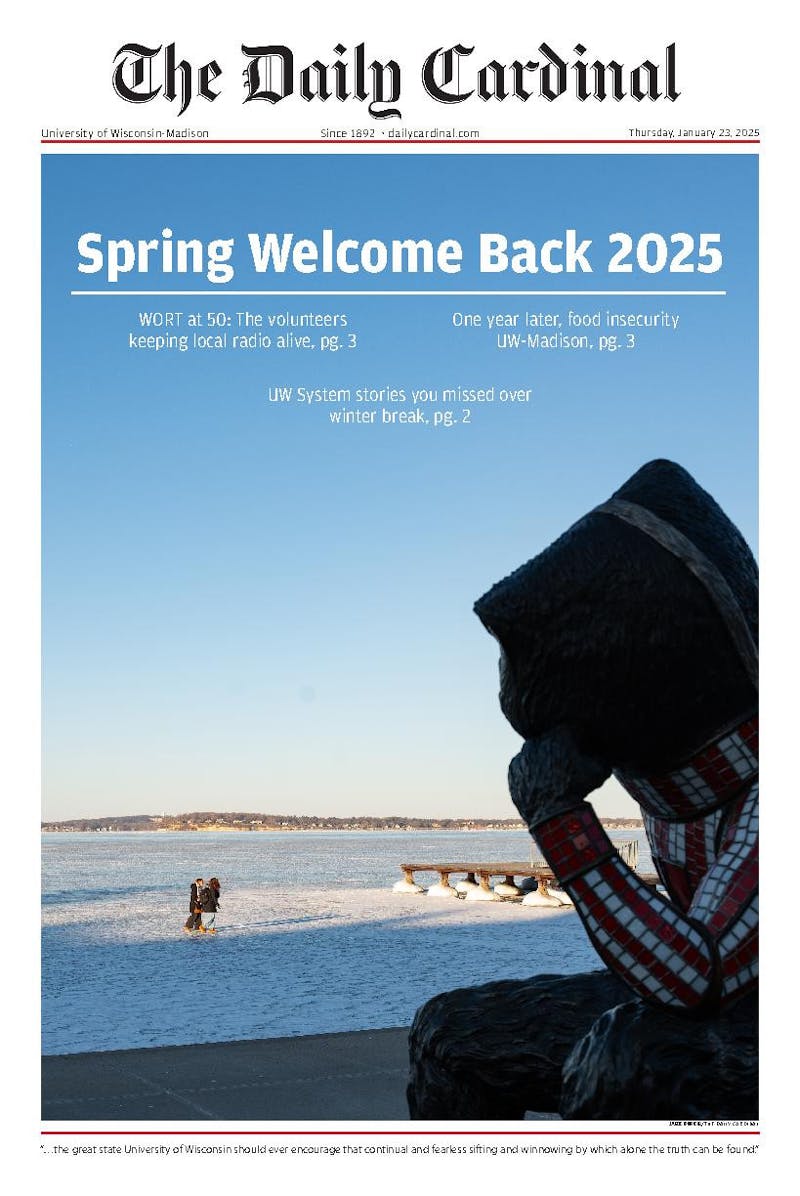Dane County has six referendums appearing on the Nov. 5 ballot, and voters must make the decision that is meant to give them a voice in funding and approving local policy.
Of these six referendums, four ask voters to approve property tax increases in Madison, Monona, Fitchburg and the village of McFarland beyond what is otherwise allowed under the state’s levy limit. The other two would provide funding to the Madison Metropolitan School District (MMSD) for facility upgrades and staff wages.
Madison depends heavily on property taxes to fund city operations — drawing over 70% of its annual revenue from the property tax levy — but state law caps the amount each municipality can increase taxes at around 2%. The additional 5% of property tax raises to cover city operations would need to come from a referendum in order to bypass the current limit..
FairVote, a nationwide nonpartisan organization focused on voting reforms, told The Daily Cardinal referendums like the ones proposed in Madison and other municipalities are very important to local communities.
“[Referendums] empower voters, who can directly adopt reforms that improve their government and their lives,” said Deb Otis, the director of research and policy at FairVote. “When a dysfunctional government has stood in the way of policy desired by the majority of voters, ballot measures gave that majority a voice.”
District 17 Ald. Sabrina Madison echoed Otis’s statement and said in a blog post “supporting the referendum is an investment in the future of our district.”
But other voters believe referendums are an imperfect last resort to meet community needs, and though officials look to alleviate immediate budget gaps, the rising costs of services means municipalities and school districts may need to put referendums on the ballot again in the future.
Insufficient shared revenue leaves referendums as ‘only vehicles’ to fund programs
Whitman Bottari, communications director for the University of Wisconsin-Madison College Democrats, told the Cardinal local referendums “are the only vehicles we have at this point to fund vital programs.”
Bottari cited the state’s Shared Revenue Program, now called the County and Municipal Aid Program, as one of the devices that caused Dane County to need a referendum to raise additional funds. The program distributes a portion of the state’s revenue to local governments using a loose formula that provides each county a valuation based on aidable revenue and per capita balances.
The amount of shared revenue distributed to local governments steadily decreased from 2004 until the state boosted funding last year, and Madison has consistently received less per capita than the rest of the state. The state’s second-largest city collects just $29 per person in shared revenues compared to the statewide average of $195, according to a 2024 report from the Wisconsin Policy Forum, a nonpartisan policy research organization.
District 10 Ald. Yannette Figueroa Cole said in a blog post a property tax referendum “would not be necessary if Madison simply received the average rate of shared revenue.”
Figueroa Cole added Madison’s referendum to raise property taxes would not need to be imposed on voters if the city could raise taxes elsewhere. The city is not authorized to raise a local sales tax.
MMSD blames state shortcomings
These structural issues extend to the MMSD referendums.
Edell Fiedel, senior director of communications for MMSD, told the Cardinal revenue gaps only occur because state legislation does not adequately support the district.
Fiedel said MMSD has a revenue gap of $30.2 million for 2023-2025 due to the fact that “support from the state — which is holding billions of taxpayer dollars in reserve — did not keep pace with inflation.”
These problems of support extend beyond the city of Madison. More than 120 Wisconsin school districts have placed referendums on the Nov. 5 ballot to receive help with operating expenses and facilities improvements, according to Fiedel.
The Elementary and Secondary School Emergency Relief (ESSER) federal fund, which provided funds to school districts across the nation during the pandemic, expired last month, putting more financial pressure on districts.
While lawmakers have added almost $1 billion in funding for education to the state budget, districts still fall short of the adequate funding, Fiedel said.
“If our legislators were more committed to investing in the outcomes of Wisconsin students, districts like ours wouldn't continually need to rely so heavily on taxpayer dollars to operate and modernize,” Fiedel said.
Both the city and MMSD said the community could potentially expect further referendums down the line if changes aren’t made to policy.
“Without changes to current legislation that translate to increased state-level support for public education, districts across Wisconsin, including ours, will have to continue to rely on taxpayer support to undertake large-scale capital improvement projects and make necessary investments in current and future generations of students,” MMSD said on their website.
The Office of the Mayor said in a press release that the current referendum will balance the budget until 2030 but that additional special charges could be implemented starting in 2027 for future budget gaps.






